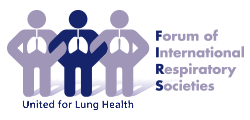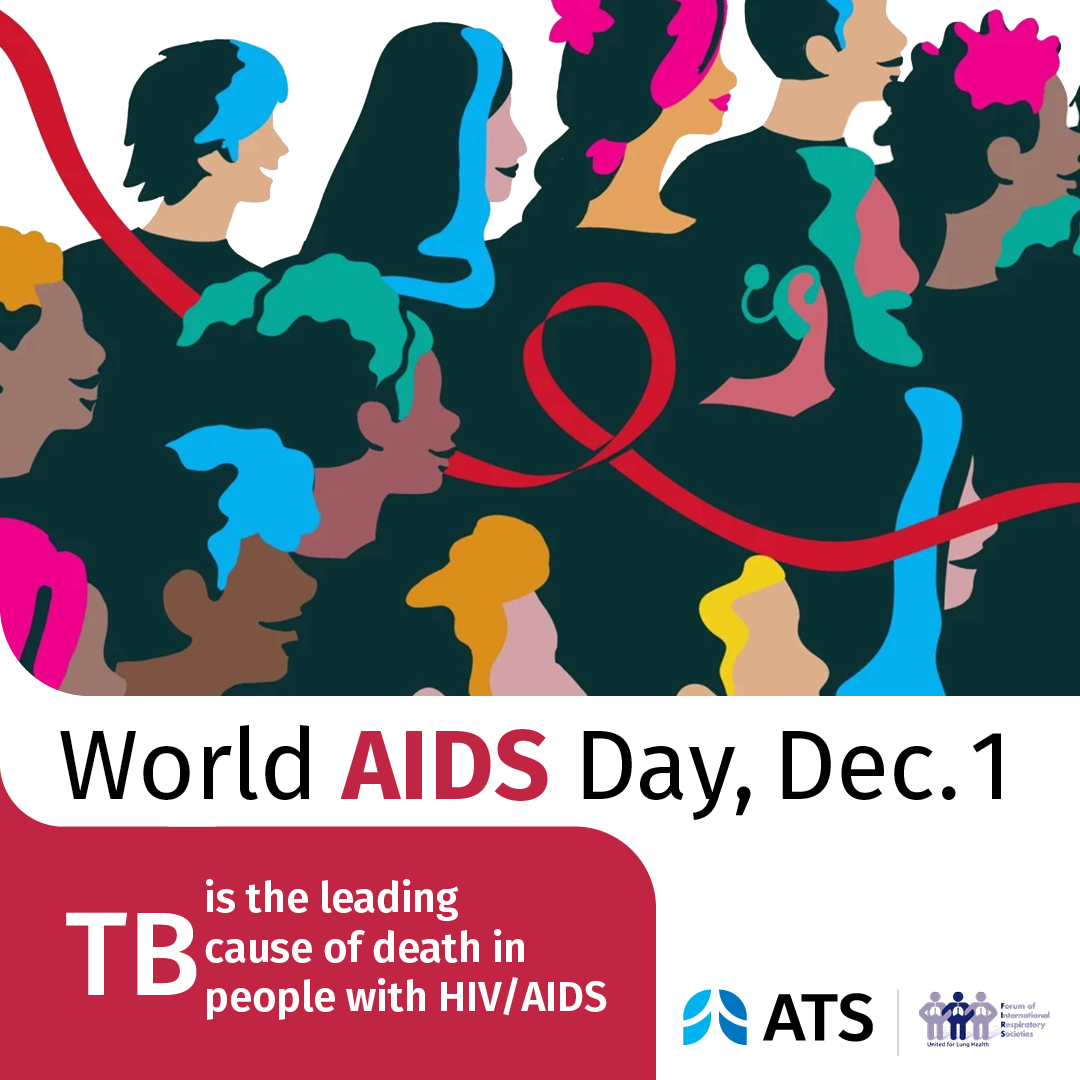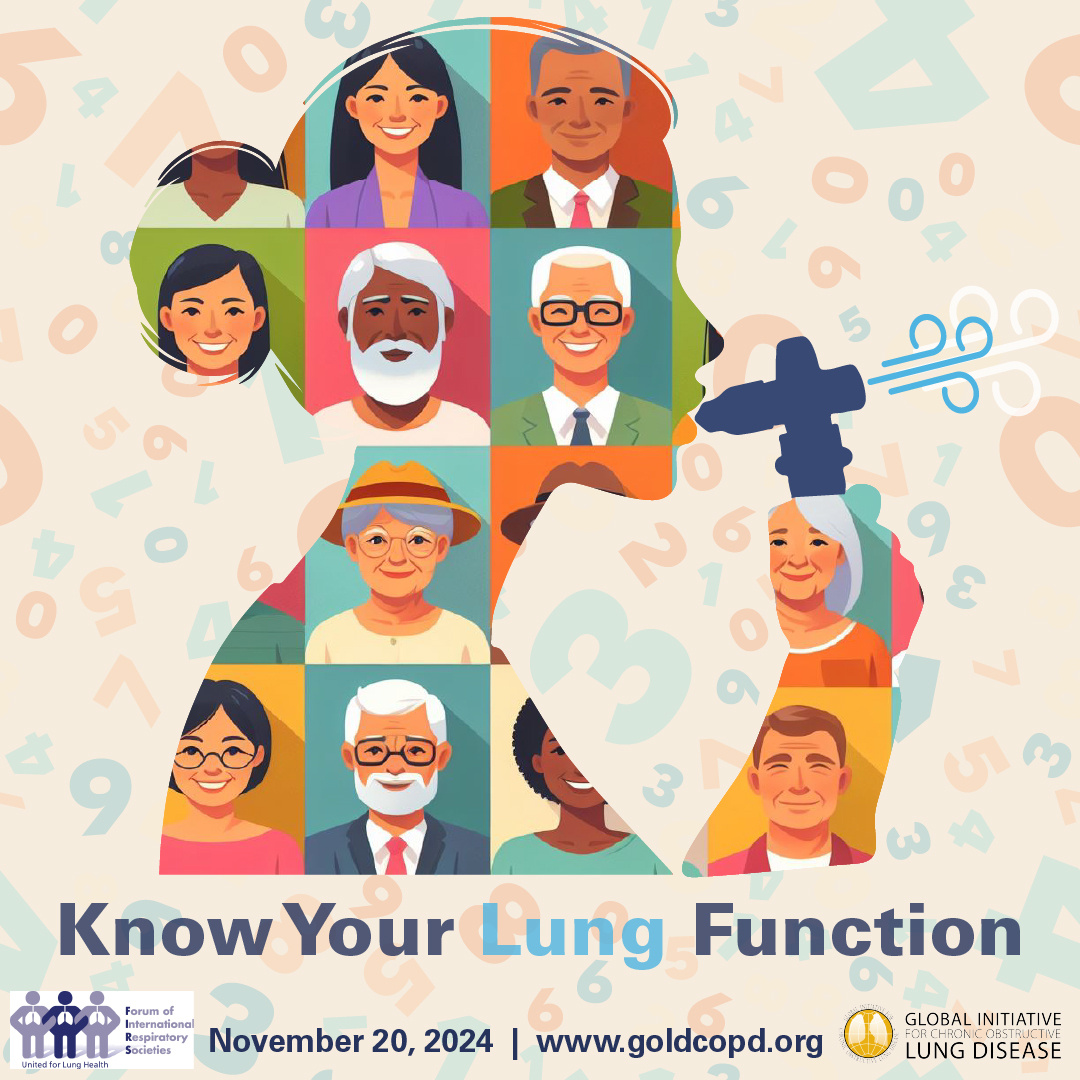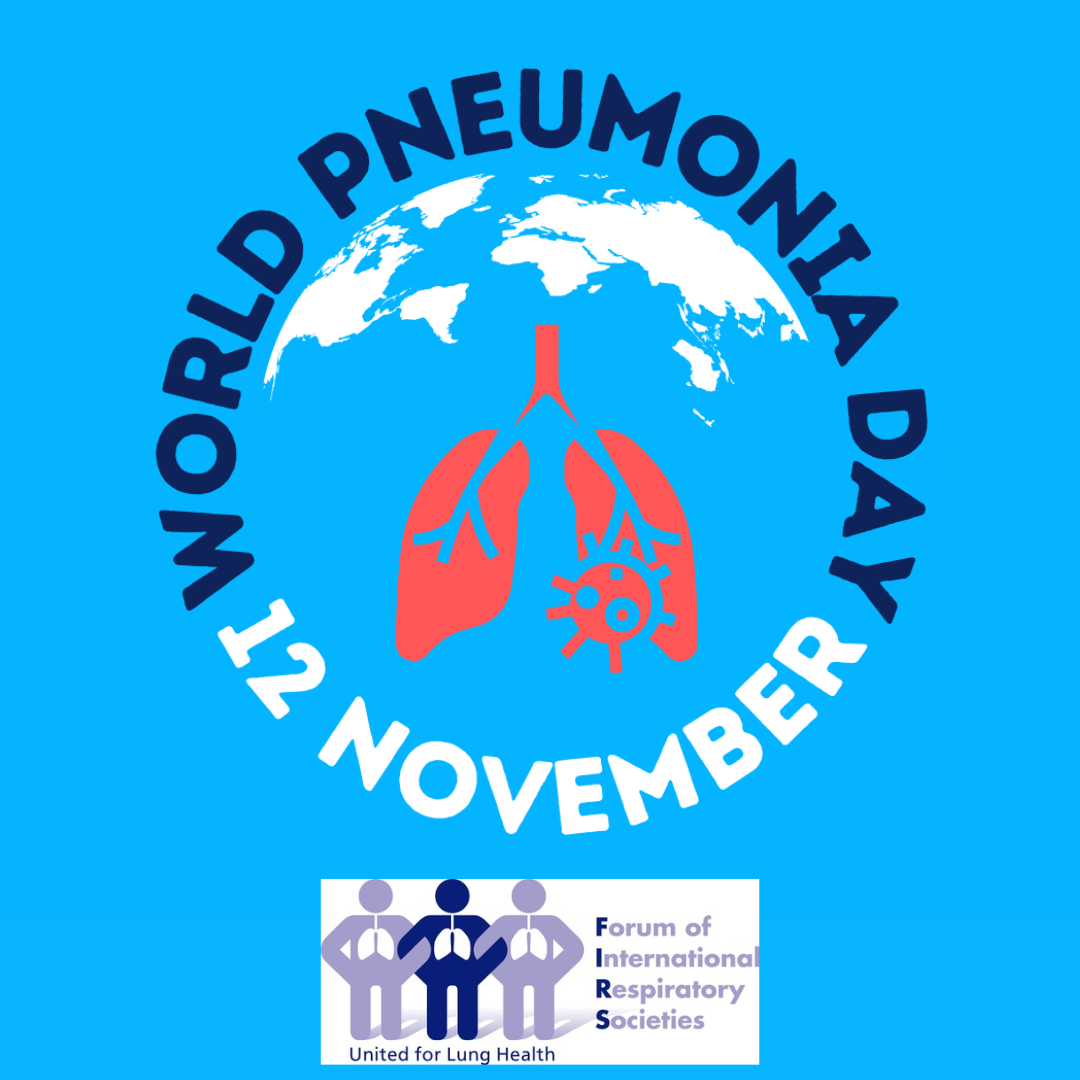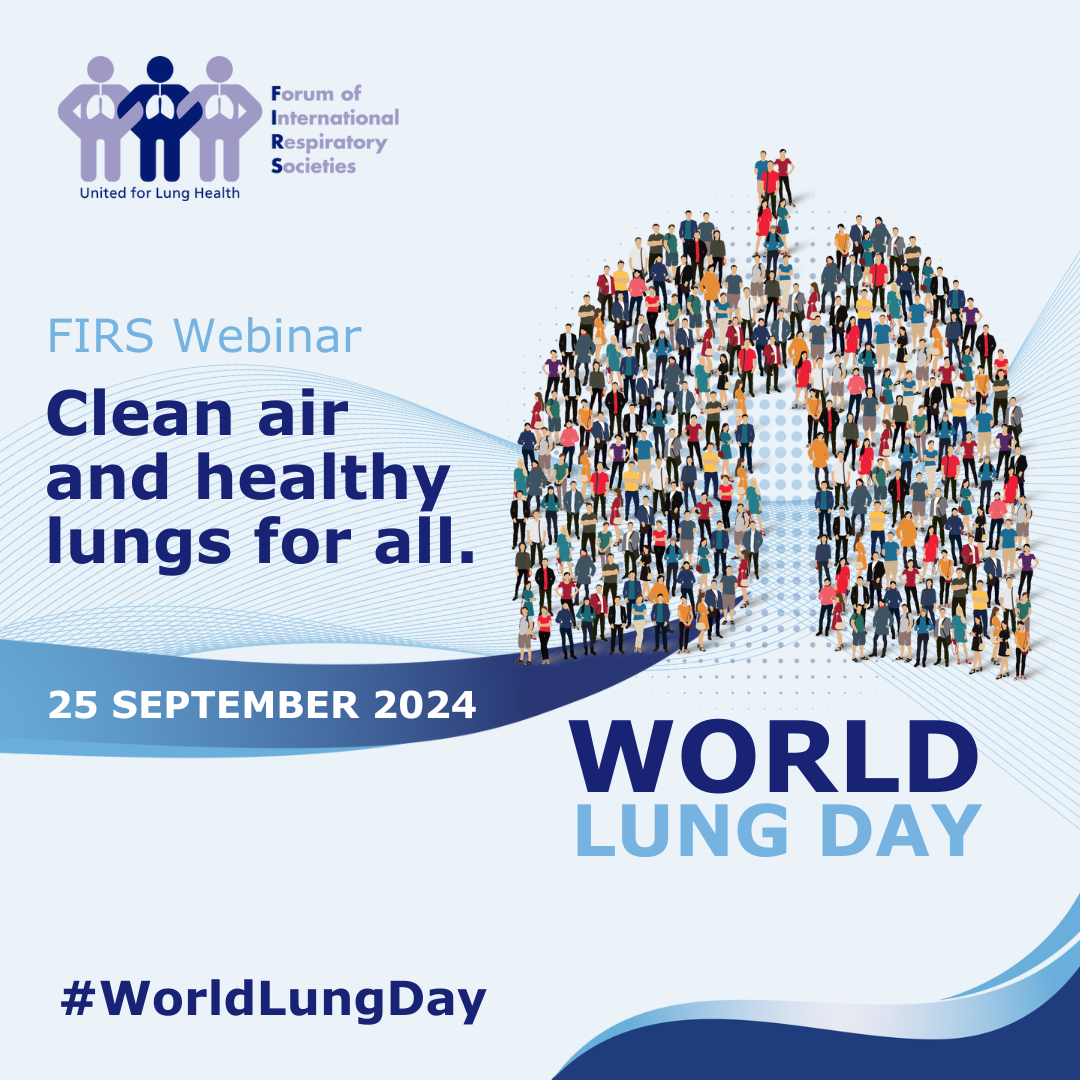In support of World Lung Cancer Day on August 1, the Forum of International Respiratory Societies (FIRS) stresses the importance of early screening awareness and access to diagnose and treat lung cancer.
According to the World Health Organization (WHO), lung cancer kills more people yearly than breast, colon, and prostate cancers combined, and there are 2.1 million lung cancer cases worldwide. The risk of death can be drastically reduced through early detection of cancer and appropriate treatment.
“World Lung Cancer Day is an opportunity for the members of the Forum of International Respiratory Societies to advocate for access to early lung cancer screening for qualifying patients,” says M. Patricia Rivera, M.D., current President of FIRS. “Through early detection, we can make a global impact on lung cancer and its associated mortality.”
To identify and diagnose lung cancer in its earlier stages, it is recommended to seek lung cancer screening with a low-dose computed tomography (also known as low-dose CT or LDCT). If the individual is currently smoking or formerly smoked, lung cancer screening is recommended.
Individuals who meet the below criteria are considered to be at "high risk" for developing lung cancer and should be screened:
- 50-80 years of age
- Have a 20-pack-year history of smoking (this means 1 pack a day for 20 years, 2 packs a day for 10 years, etc.)
- AND, currently smoke or have quit within the last 15 years
It’s also beneficial to recognize the signs of lung cancer that may be a sign to seek screening. The most common symptoms of lung cancer are:
- cough that does not go away
- chest pain
- shortness of breath
- coughing up blood (hemoptysis)
- fatigue
- weight loss with no known cause
- lung infections that keep coming back.
For more facts on the global impact of lung cancer, view the WHO fact sheet: https://www.who.int/news-room/fact-sheets/detail/lung-cancer
About the Forum of International Respiratory Societies
The Forum of International Respiratory Societies (FIRS) is an organization comprised of the world's leading international respiratory societies working together to improve lung health globally. The goal of FIRS is to unify and enhance efforts to improve lung health through the combined work of its more than 70,000 members globally.
FIRS comprises the American College of Chest Physicians (CHEST), American Thoracic Society (ATS), the Asian Pacific Society of Respirology (APSR), Asociación Latinoamericana de Tórax (ALAT), European Respiratory Society (ERS), International Union Against Tuberculosis and Lung Disease (The Union), Pan African Thoracic Society (PATS), the Global Initiative for Asthma (GINA), and the Global Initiative for Chronic Obstructive Lung Disease (GOLD).
